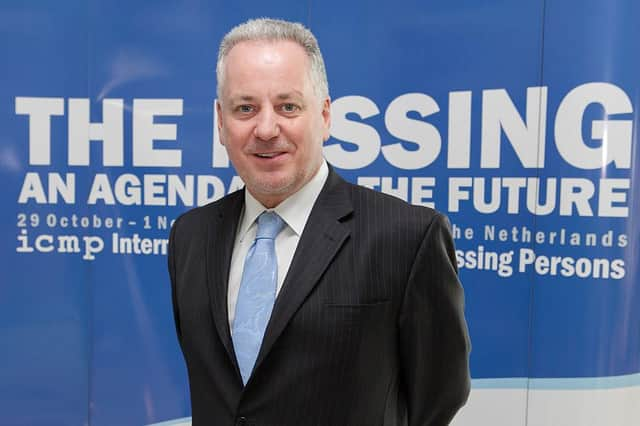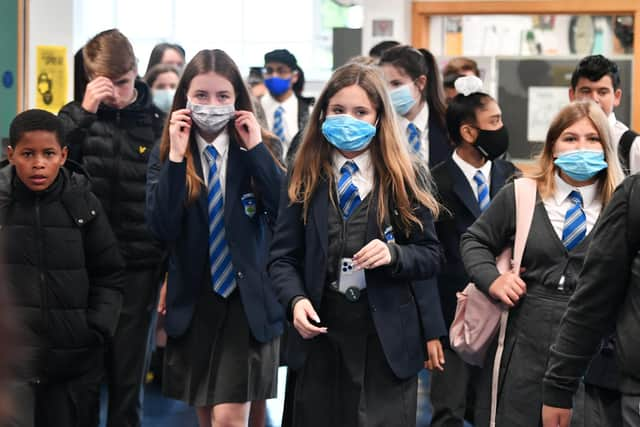Officials advised in favour of school closures during 2006 bird flu outbreak


Newly released cabinet minutes from March 2006 show that both Tony Blair’s government in Westminster and Lord McConnell’s in Holyrood were told there was a “compelling case” for the closure of schools, should a pandemic occur.
The spread of the H5N1 strain of avian flu had begun to worry governments across the world as it began to appear in wild bird populations across Asia and Europe in the early part of 2006.
Advertisement
Hide AdAdvertisement
Hide AdIn June 2006, the World Health Organisation warned of an upsurge in human deaths caused by the flu, and had issued guidance on how government should react should human transmission of the virus be discovered.


The minutes show then-deputy first minister, the Liberal Democrat’s Nicol Stephen, raising questions as to whether the government had the powers needed to react to a pandemic.
They state he “wondered whether the Executive had the necessary powers and procedures in place to act if such a situation were to arise.”
Earlier in the year, the coalition government had been told it should prepare for the potential closure of schools should a pandemic occur.
Cabinet minutes from March 2006 state: “Mr [Peter] Peacock [minister for education] said that the UK Government’s Chief Medical Officer had advised that schools and childcare facilities should be closed in the event of a pandemic.
"This advice had been confirmed by Scotland’s Chief Medical Officer, Dr Harry Burns.
"In these circumstances, there was a compelling case to support the potential closure of schools in the event of a pandemic, even though any such decision would have a significant impact on businesses and the delivery of vital services."
The minutes also show ministers reacting angrily to the way avian flu had been portrayed by the media, with Liberal Democrat minister for the environment, Ross Finnie leading the criticism.
Advertisement
Hide AdAdvertisement
Hide AdInternally ministers fumed at the “considerable over-reaction” to the news that a dead swan found in Cellardyke, Fife, had tested positive for the virus and became the first instance of confirmed avian influenza in the United Kingdom in April.
The minutes state: “Mr Finnie said that there had been a considerable over-reaction to the incident on the part of the media.
"He too had been grateful to the MGCC [Ministerial Group on Civil Contingencies] for the procedures which had been activated and which allowed the Executive to demonstrate that it was in control of the situation."
However, the incident was described by ministers as a “useful opportunity” to test pandemic preparedness and said “lessons that had been learned from this would be drawn on in the future”.
This included the potential for media-induced “civil disobedience”.
The minutes state: “It was also noted that the media had generated a disproportionate sense of crisis and succeeded in frustrating the communication of some key messages.
"It was agreed that the MGCC’s future thinking should encompass strategies for responding to the potential of the media to generate panic or civil disobedience.
"The First Minister said that it would be helpful for the MGCC to review the handling of the recent situation and to report back to Cabinet in due course on implications for contingency planning.”
A message from the Editor:
Thank you for reading this article. We're more reliant on your support than ever as the shift in consumer habits brought about by coronavirus impacts our advertisers.
If you haven't already, please consider supporting our trusted, fact-checked journalism by taking out a digital subscription.
Comments
Want to join the conversation? Please or to comment on this article.
